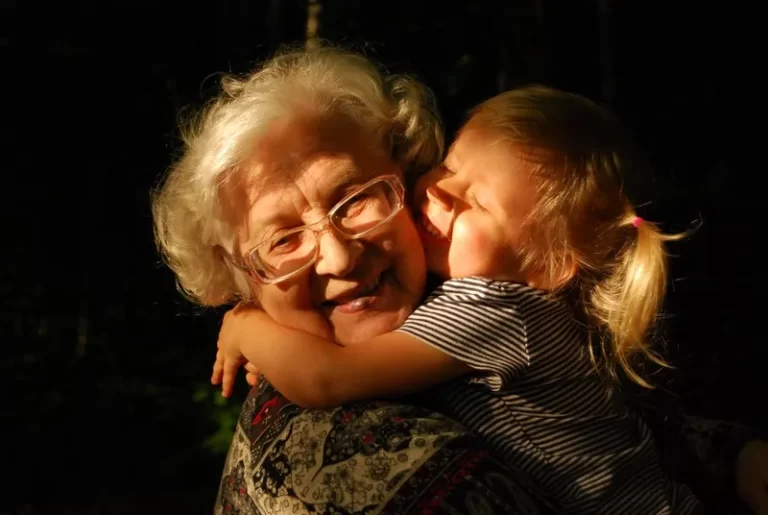Table of Contents
- The Family as a Source of Social Stability
- The Family as a Site of Social Conflict
- Interactionist Perspectives on Family Dynamics
- Conclusion
The family has long been viewed as a fundamental institution in society, playing a critical role in maintaining social stability. Traditionally, the family is seen as a unit that fosters social order, imparts values, and provides the emotional and economic support necessary for the functioning of individuals and society at large. However, the family is not a monolithic entity; it is also a site of potential conflict and tension, where power dynamics and social inequalities can perpetuate discord and challenge social harmony. This dual role of the family—as both a stabilizing force and a source of conflict—has been a central focus of sociological debate. This article examines the family’s role in maintaining social order versus perpetuating social conflict, with a particular emphasis on interactionist perspectives that explore how individual family members negotiate their roles within the family unit.
The Family as a Source of Social Stability
From a traditional sociological perspective, the family is often viewed as a primary agent of socialization and a cornerstone of social stability. Functionalist theorists, in particular, have emphasized the family’s role in maintaining social order and cohesion. According to functionalists, the family performs several key functions that are essential for the well-being of society and individuals:
Socialization and Cultural Transmission
One of the most important functions of the family, according to functionalists, is the socialization of children. The family is responsible for teaching children the norms, values, and behaviors necessary for them to function as members of society. Through this process, families transmit cultural traditions and societal expectations across generations, ensuring continuity and stability. Children learn about social roles, gender expectations, moral values, and cultural practices within the family, which helps them integrate into wider society.
Emotional Support and Care
The family also plays a crucial role in providing emotional support and care to its members. Functionalists argue that the family is a haven of emotional security, offering love, care, and support to individuals as they navigate the challenges of life. This emotional support is particularly important for maintaining the psychological well-being of family members and, by extension, the stability of society as a whole. The family’s role in stabilizing adult personalities, as proposed by Talcott Parsons, highlights the importance of familial bonds in ensuring social harmony.
Regulation of Behavior
Functionalists also emphasize the family’s role in regulating behavior, particularly through the institution of marriage and the enforcement of social norms. By providing a socially approved context for sexual relations, childbearing, and child-rearing, the family helps maintain social order. The family’s influence over individual behavior extends to areas such as discipline, moral development, and adherence to societal laws, all of which contribute to the stability of the social fabric.
Economic Function
Historically, the family has served as an economic unit, responsible for the economic support and well-being of its members. Although the economic function of the family has evolved with the rise of industrialization and the modern labor market, the family remains a key provider of financial security and resource management. Functionalists view this economic role as essential for the stability of both the family and society.
The Family as a Site of Social Conflict
While the family is often portrayed as a source of stability, it is also a site of conflict, where power dynamics, social inequalities, and interpersonal tensions can lead to discord. Conflict theorists, particularly those influenced by Marxist and feminist perspectives, argue that the family is not just a benign institution that fosters social order but also a space where social conflicts are reproduced and perpetuated.
Power and Inequality in the Family
Conflict theorists argue that the family reflects and reinforces broader social inequalities, particularly those related to class, gender, and race. Within the family, power dynamics can create hierarchies that mirror those in the wider society. For example, traditional family structures often place men in positions of authority over women and children, reinforcing patriarchal norms and gender inequalities. Feminist sociologists, such as Ann Oakley and Sylvia Walby, have critiqued the ways in which families socialize individuals into gendered roles, perpetuating the subordination of women and the unequal distribution of power.
Marxist theorists, such as Friedrich Engels, argue that the family serves the interests of capitalism by reproducing labor power and maintaining class divisions. According to Engels, the family functions as a mechanism for the transmission of private property and wealth across generations, reinforcing class inequalities. This perspective suggests that the family is not a neutral institution but one that perpetuates economic disparities and social stratification.
The Family and Social Reproduction
Social reproduction refers to the processes by which social inequalities are transmitted and reinforced across generations. Conflict theorists argue that the family plays a central role in social reproduction by instilling values, norms, and expectations that reflect the interests of the dominant class or gender. For example, working-class families may socialize their children to accept a life of hard work and limited opportunities, while middle- and upper-class families may emphasize education and professional success, perpetuating class distinctions.
Feminist perspectives also highlight the role of the family in reproducing gender inequalities. The unpaid domestic labor performed by women within the family, such as childcare, cooking, and cleaning, is often devalued and taken for granted, even though it is essential for the functioning of the family and society. This unequal division of labor reinforces the gendered expectations that limit women’s opportunities for economic independence and personal development.
Family Conflict and Social Change
Get the full article AD FREE. Join now for full access to all premium articles.
View Plans & Subscribe Already a member? Log in.





